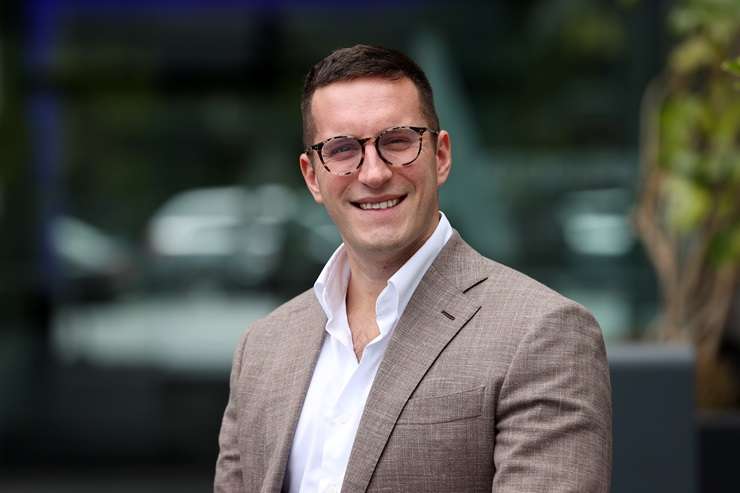ANALYSIS: I bought an investment property with $0 cash. When most people hear that, they often think I’ve done something clever or uncovered some secret house-buying method. But there’s no secret or genius involved, although many Kiwis would be surprised to hear how the "No Cash Method" works.
The thing is, most property investors don’t save the deposit to buy their next rental property. Instead, they use the houses they already own to buy more houses.
Here’s how it works. Under the loan-to-value ratio (LVR) rules, the Reserve Bank will let you borrow up to 80% of the value of the home you wish to buy. For most buyers, that means they need to have 20% of the cost of their new house in their bank account.
But when you buy a house, you can expect the following to happen. First, the value of your home will rise over the long term. Secondly, you will pay down some of the debt you owe.
Start your property search
If your home’s worth more and you owe less money to the bank, you’ll be in a strong position to apply for a mortgage top-up. That’s where you borrow against your home and use the money for something else.
Discover more:
- Tony Alexander: No house price growth till summer ... and the Reserve Bank caves to reality
- West Auckland family's big money saving after buying $400K home in Balclutha
- Mortgage or baby? Agonising choice Kiwi first-home buyers are having to make
Some people use that debt to go on holiday. Others use it to buy a boat or car or start a business. I used it to buy my next investment property. Many property investors also do this.
After I bought my first property, house prices went up. My property became more valuable, and I paid off some of the mortgage. That meant I had more wealth in the property.
My next investment property needed a $125,000 deposit. So, I borrowed all of that against my first home. Then, I borrowed the remaining against the new investment property. In effect, I bought the property entirely with the bank’s money – no cash needed.
What’s the point of this? Investors do this because it allows them to buy an investment property without having to save for a deposit, meaning they can start creating an investment portfolio much earlier than they otherwise could (all those headlines about teenagers with property empires are rooted in this).

Opes Partners resident economist Ed McKnight: "Remember, the more debt you have, the higher your mortgage repayments, and that rental income is unlikely to cover costs." Photo / Fiona Goodall
And, as a bonus, when the portfolio increases in value, the capital gain belongs to the investor, not the bank.
It’s important to note, it’s not as simple as just buying a house every time property prices go up. Investors also need enough income for the bank to approve the mortgage, and at today’s interest rates, that can often be the hard part.
There are also risks to this strategy. If you borrow all the money to buy a rental property and house prices drop, you could find your mortgage exceeds the value of your property. In that case, you’d need to hold on to the property until house prices recover.
Remember, the more debt you have, the higher your mortgage repayments, and that rental income is unlikely to cover costs.
The biggest hurdle, however, is that Kiwis would need to own property already to use this method, which leads to questions of fairness. Should property investors be able to use the equity in their houses to buy more houses?
So, this strategy isn’t for everyone. But, if you want to invest in property and haven’t saved a deposit, it could be something to consider.
- Ed McKnight is the resident economist at property investment company Opes Partners















































































